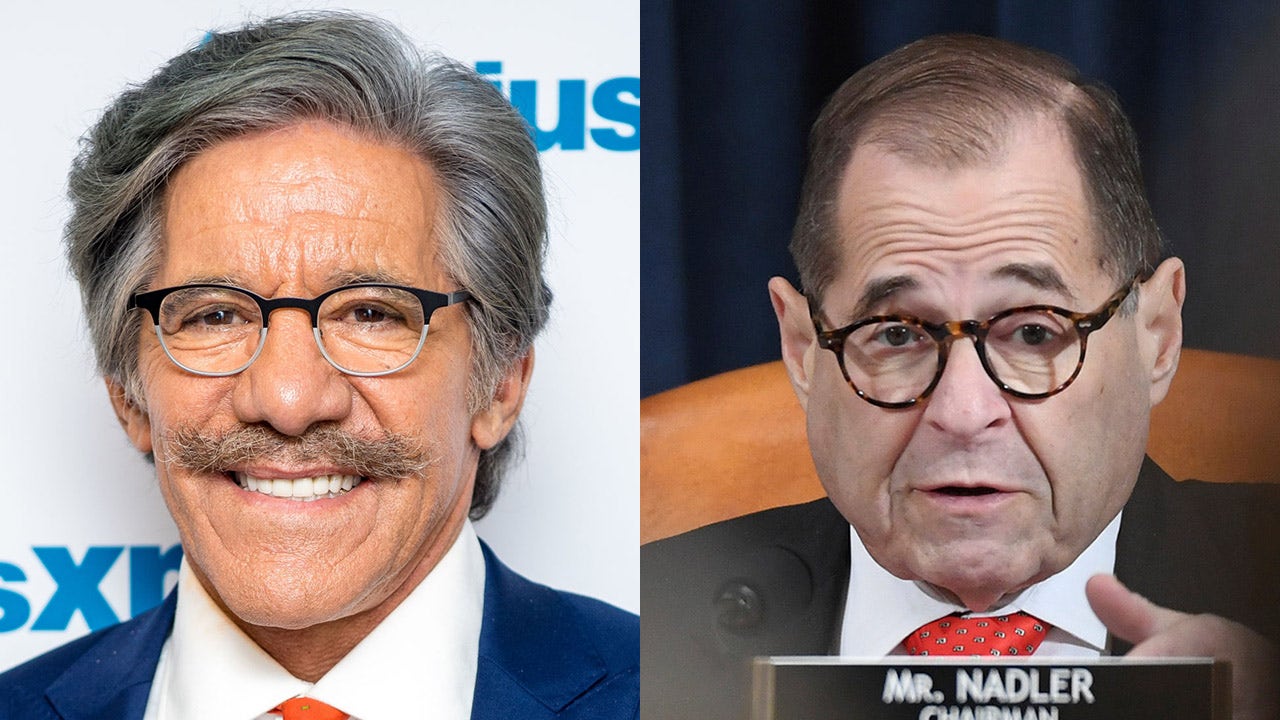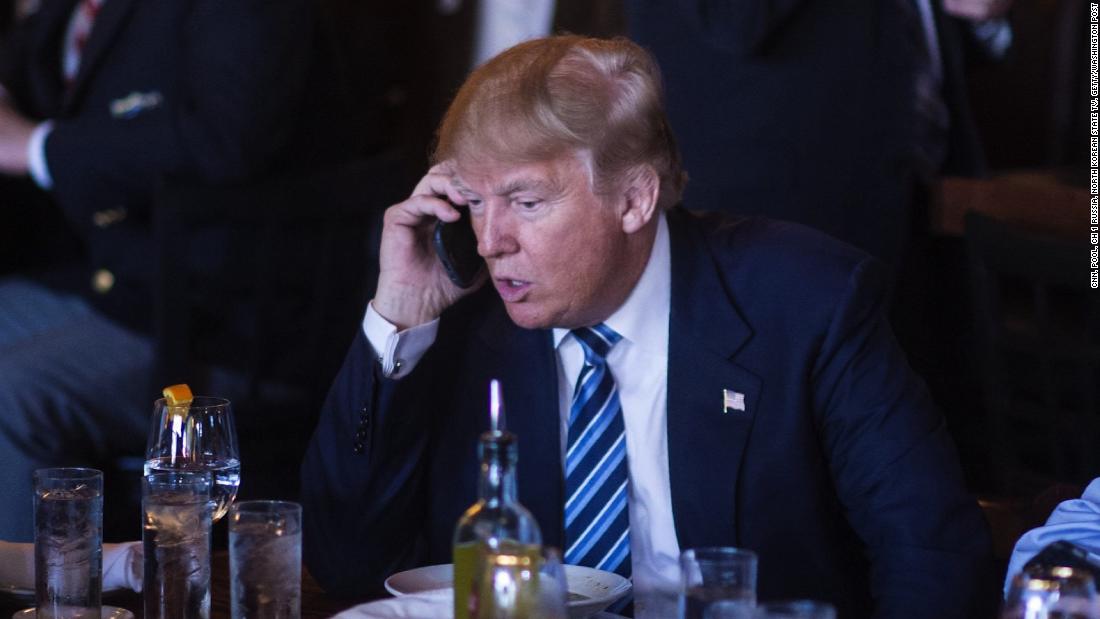[ad_1]

The vote on the two articles was, in fact, completely partisan. Democrats voted unanimously to approve each article, sending them to the full House for a vote. (Rep. Ted Lieu (D-Calif.) was absent for medical reasons.) Republicans voted against both articles, again without exception. Each passed by a 23-to-17 vote.
Ideology, as measured by Voteview, played no predictive role in possible defections, perhaps because Judiciary Committee members in each party are generally more ideologically extreme than the average for their party’s caucus.
It’s worth noting, though, that Johnson’s lament about the partisan vote deserves a few caveats. The first is that partisanship is a two-way street: Democratic unanimity mirrored Republican unanimity. That no Republicans joined the Democrats was not necessarily a function of Democratic more than Republican partisanship.
The other is that the 1998 vote in the House Judiciary Committee on articles of impeachment targeting then-President Bill Clinton was only barely less partisan. House Republicans at the time were, on average, slightly less ideological than the party’s caucus now. And on the four articles of impeachment approved by the committee, there was only one dissenting vote: now-Sen. Lindsey O. Graham (R-S.C.), one of Trump’s most fervent defenders, bucked his party on the second perjury charge faced by Clinton. That charge would later fail in the full House (as would Article IV, focused on abuse of power).
Notice, again, the big gulf between the parties ideologically even then.
Compare that with the House Judiciary vote on articles of impeachment targeting Richard Nixon in 1974. Both the Democratic and Republican caucuses in the House were more centrist than they are today, and there were members of the committee who broadly shared ideology even while representing opposing parties.
Three of the articles targeting Nixon were approved, each with votes from Nixon’s own party. The two that failed, which were centered on Nixon’s coverup of the bombing of Cambodia and on allegations of tax fraud and (wait for it) emoluments concerns, were rejected by committee Democrats.
In that case, ideology was predictive. The Republicans who voted against Nixon were generally more moderate ones. The Democrats who voted against the later articles were as well.
Part of the reason that the vote on the Trump articles was so partisan, then, is that Congress is so partisan. It’s hard to see what might prompt a bipartisan impeachment effort in a Congress where bipartisanship is so uncommon. Even in 1998, when Congress was only slightly less divided, the House Judiciary vote overwhelmingly fell on party lines.
Those who point to the split in the Nixon votes as an example of how impeachment can earn support from both parties should add the critical caveat: It occurred in a Congress that looks very little like Congress today.
[ad_2]
Source link



Connect with us on our socials: